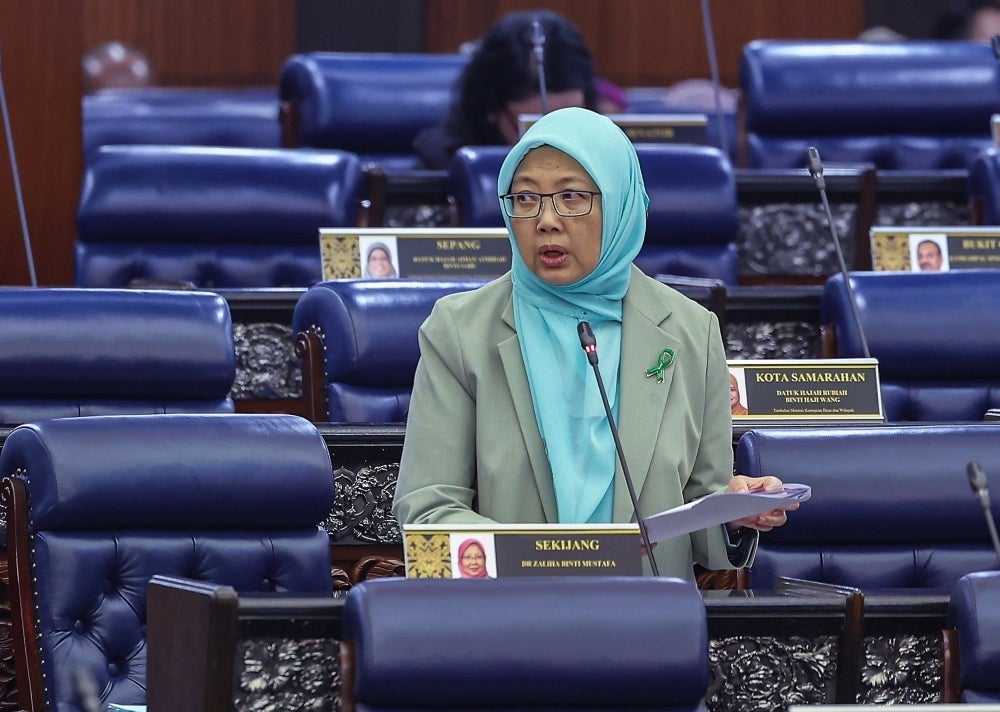Collective decision to withdraw GEG allocation - Dr Zaliha

KUALA LUMPUR - Health Minister Dr Zaliha Mustafa has clarified that the decision to remove allocations related to the Generational End Game (GEG) initiative from the Control of Smoking Products and Public Health Bill was made collectively by the government, following consultations with the Attorney-General's Chambers (AGC).
She explained that the Attorney-General's view was that the GEG concept, which aimed to create a smoke-free generation by phasing out tobacco sales to those born after 2007, raised concerns about equality and potential legal challenges under Article 8 of the Federal Constitution, which prohibits discrimination based on age.
"According to the Attorney-General's perspective, there are issues of inequality and discriminatory legal positions in the GEG allocation, providing different treatment for someone born before January 1, 2007, compared to someone born after January 1, 2007," she said.
She highlighted that while the government respected the views of the AGC, it remained committed to addressing tobacco control and protecting public health.
"While it is true that parliamentarians formulate laws and determine policies, as mentioned by Pasir Gudang (Hassan Abdul Karim), the opinions and advice of the AGC should be taken into account in the formulation of any laws to be presented," she said.
In response to criticism regarding the decision to drop the GEG-related provisions, Dr Zaliha maintained that the government's approach was guided by a comprehensive strategy that addressed all tobacco control aspects, including prevention, cessation, and harm reduction.
"We saw the temperature rising in yesterday's (Wednesday) debate, to the point of provocation and sarcasm, but I am alright, Tan Sri Speaker," she said, addressing the Dewan Rakyat Speaker.
She stressed the importance of creating a generation that is free from smoking and upholds values of integrity, responsible leadership, and open communication.
"We not only want to produce a generation that does not smoke but equally important is to produce a generation free from corruption, a generation that does not misuse public funds, a generation that does not slander, and we also do not want to produce a generation that is blind and deaf to their leaders," she added.









